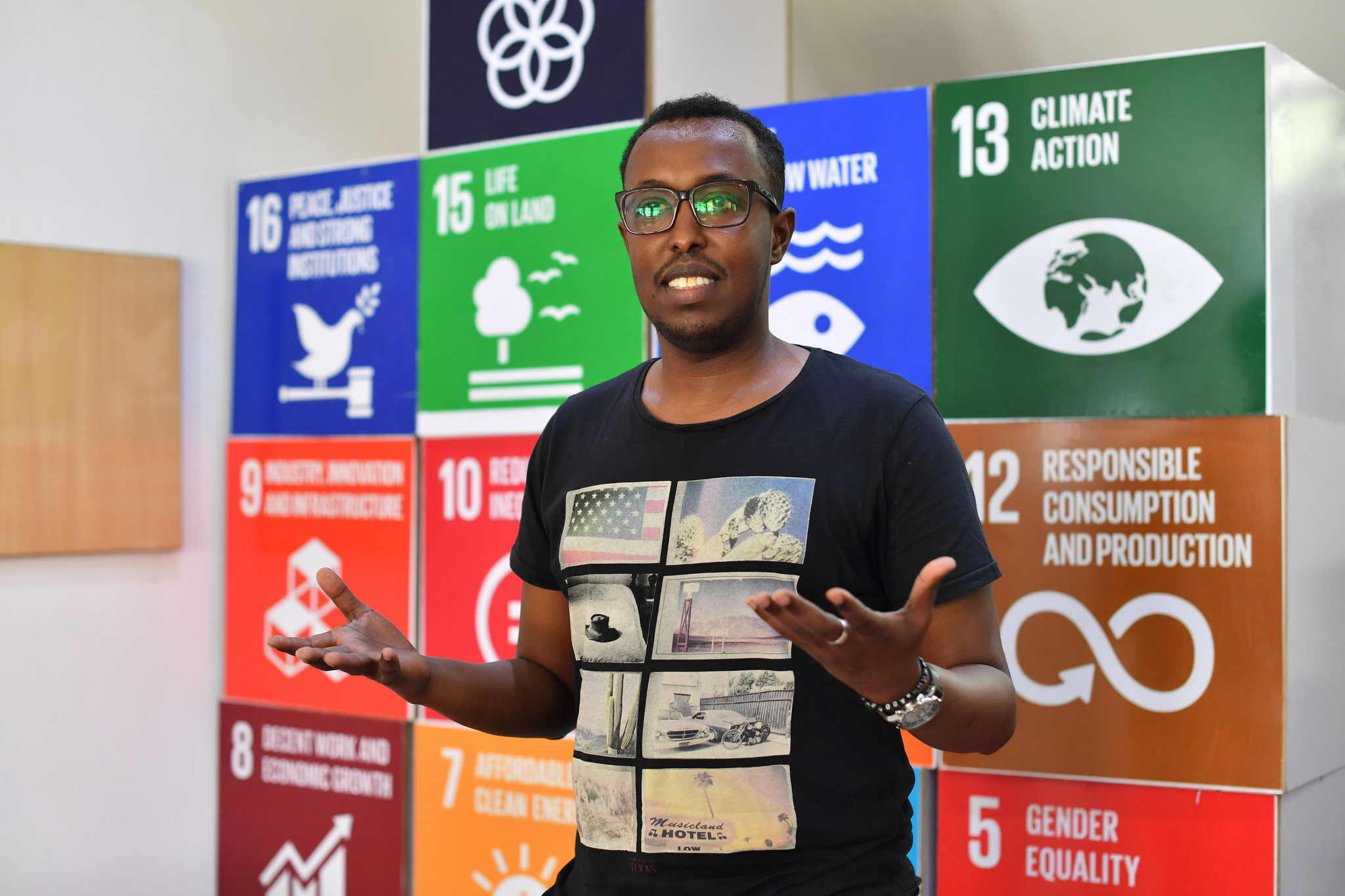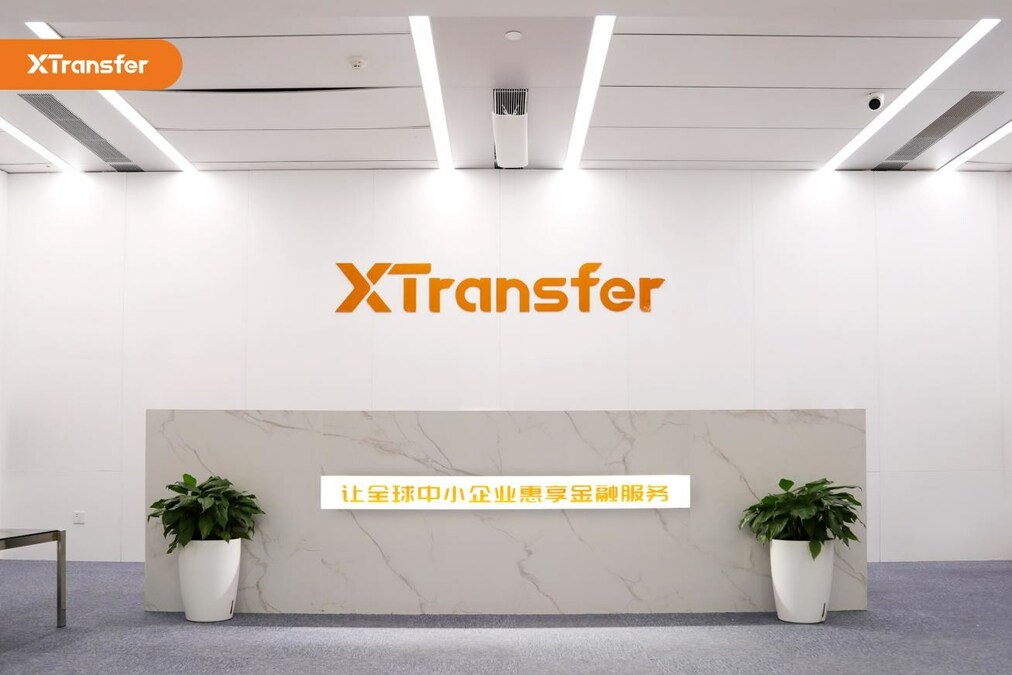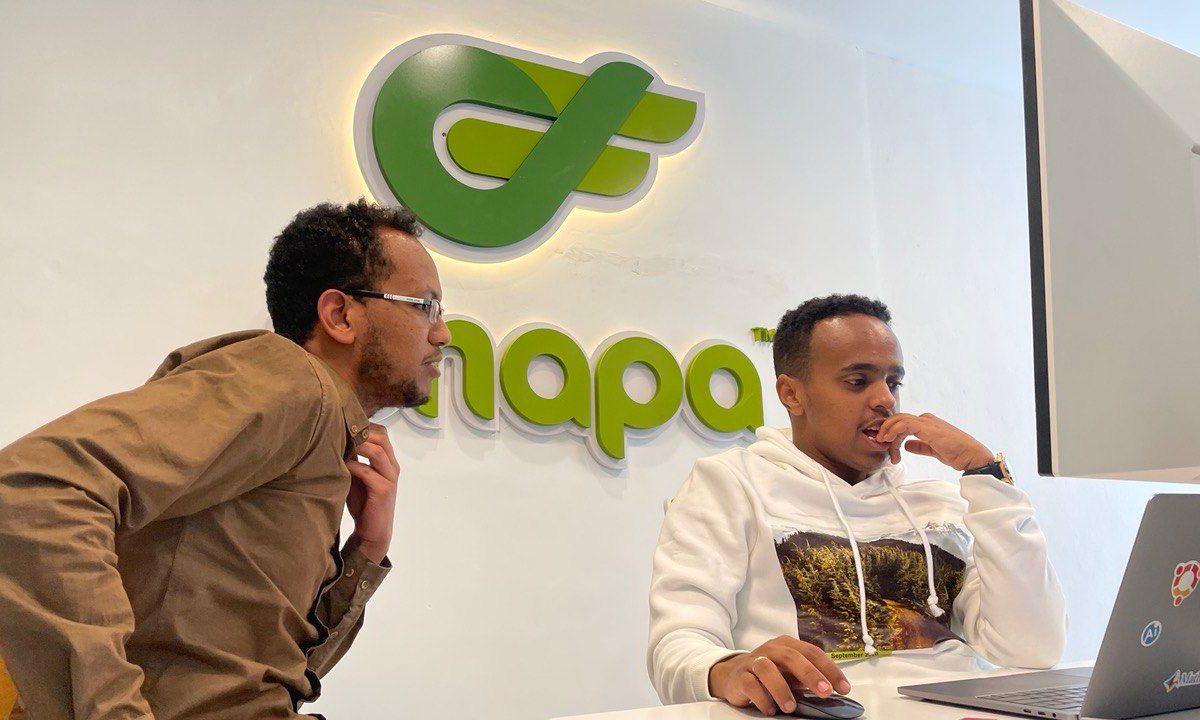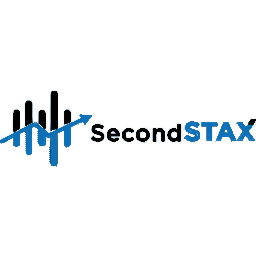Tranglo, a prominent cross-border payment centre, announced its expansion into Africa on Tuesday. This expansion will process payments in Ethiopia, Kenya, Liberia, Madagascar, Mali, Senegal, and Zambia.
This strategic expansion provides convenient, cheap cross-border payment solutions to one of the world’s fastest-growing economic regions to increase financial inclusion.
Read also: AfriGO, OPay’s alliance to transform Nigeria’s digital payment ecosystem
Impact on remittances and financial inclusion
Remittances are crucial for families, small businesses, and local economies in Africa. In 2023, global remittances were 1.5 times larger than foreign direct investment. These funds help tackle issues like food insecurity and debt in countries such as Liberia. The World Bank reported that Sub-Saharan Africa received USD 54 billion in remittances in 2023, with a projected 1.5 percent increase for 2024.
High remittance fees have limited financial access in the region. Tranglo aims to solve this by offering fast and affordable services, making it easier for people to send money across borders, especially in areas with weak banking systems.
At launch, people in Mali can send and receive money using bank transfers. In Ethiopia, Kenya, Liberia, Madagascar, Senegal, and Zambia, users can send and receive money through e-wallets in their local currencies. Cash recipients can access their funds almost instantly. Additionally, e-wallet services are now available in Morocco.
Statement from Tranglo’s CEO
Tranglo Group CEO Jacky Lee stated: “Africa’s dynamic growth in remittances and mobile adoption highlights the need for reliable and affordable cross-border payments.
“With this expansion, Tranglo partners can now provide payout services to millions of unbanked or underserved individuals across these countries, facilitating secure access to funds for essential needs and economic growth.”
Tranglo Connect, a cross-border payments technology, helps banks and enterprises pay. Tranglo connects payout and partner services with direct API access, unifying the process. Companies may safely pay over 100 countries using Tranglo Connect.
About Tranglo
Tranglo is a leading cross-border payment hub established in 2008, specialising in business payments, remittances, and mobile payment solutions.
With offices in Kuala Lumpur, Singapore, Jakarta, Dubai, and London, Tranglo operates in over 100 countries, connecting over 250 mobile operators and 1,500 banks/wallets.
They offer 60 cash pickup services for easy access to funds. Partnering with RippleTranglo enhances its services using blockchain technology, ensuring efficient cross-border payouts. Their network enables instant transfers, making financial access more accessible for millions globally, particularly in underserved regions.





